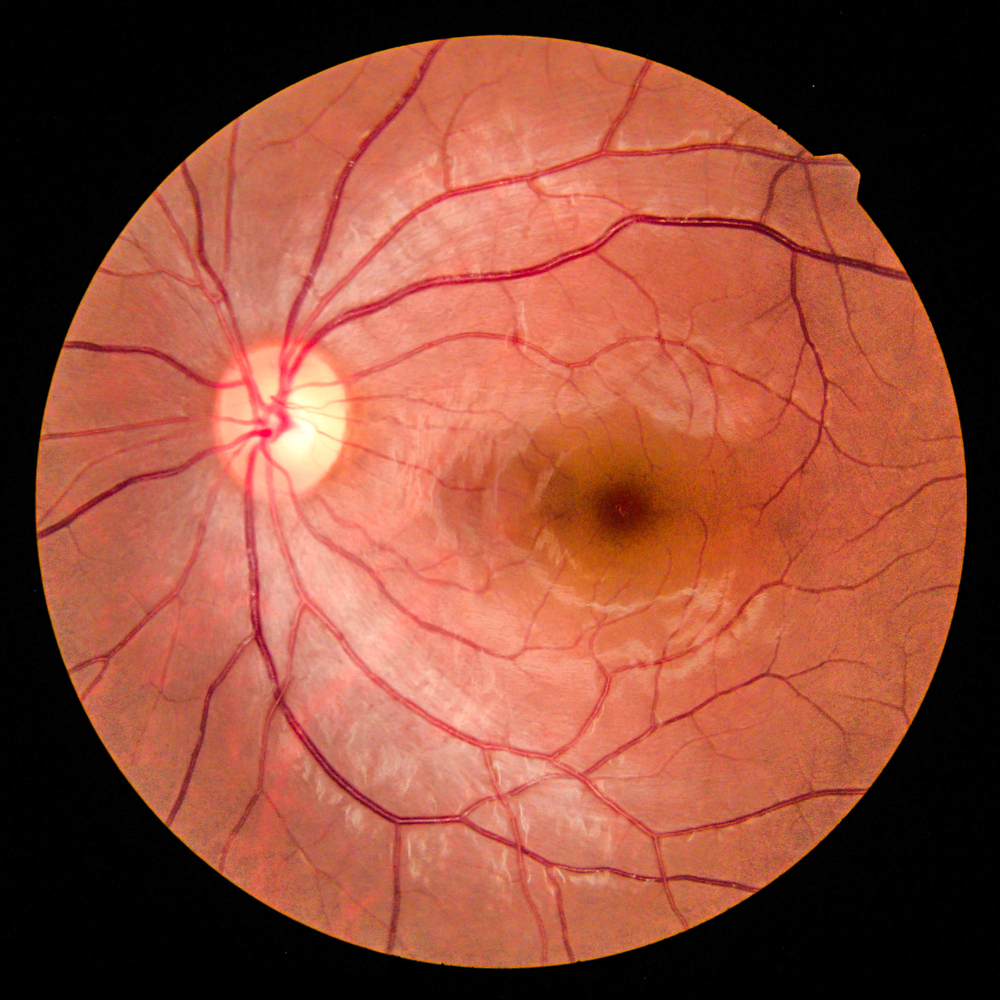
Your eyes are truly incredible, serving as windows to the world and allowing you to experience life in vibrant detail. However, maintaining optimal eye health is crucial, as it can significantly impact your overall well-being. From detecting potential vision problems to identifying underlying health conditions, regular eye examinations play a vital role in safeguarding your sight.
One of the most critical components of a comprehensive eye exam is the retinal exam, which allows your eye doctor to thoroughly assess the health of the delicate tissues at the back of your eye. By understanding the importance of this examination and the advanced technology available, you can take proactive steps to protect your vision and overall health.
Understanding Retinal Exams and Their Significance
The retina is a thin, light-sensitive layer at the back of your eye that plays a crucial role in the visual process. It is responsible for converting light into electrical signals that are then transmitted to the brain, allowing you to see. Examining the retina is essential because it can reveal valuable information about your eye health and potentially uncover underlying medical conditions.
Traditional retinal exams often involve the use of eye drops to dilate your pupils, enabling your eye doctor to obtain a better view of the retina. While this method is effective, it can be time-consuming and may cause temporary discomfort or light sensitivity. Fortunately, advancements in eye care technology have introduced a more efficient and comfortable alternative: the Optomap retinal exam.
What is Optomap?
Optomap is a revolutionary imaging technology that allows your eye doctor to capture a detailed, panoramic view of your retina in just a few seconds, without the need for pupil dilation. This non-invasive procedure involves a simple, painless scan that captures up to 82% of your retina in a single image, providing your eye care professional with a comprehensive assessment of your eye health.
Unlike traditional retinal exams, the Optomap procedure is quick and comfortable, making it an ideal choice for patients of all ages, including children. The high-resolution images generated by the Optomap system offer your eye doctor a detailed, up-close look at the intricate structures of your retina, allowing for early detection of potential issues.
What Conditions Can Optomap Detect?
The Optomap retinal exam is a powerful tool that can help identify a wide range of eye and health conditions, including:
Retinal Tears and Detachment: The Optomap's panoramic view can detect subtle changes in the retina, such as tears or detachment, which can lead to vision loss if left untreated.
Diabetic Retinopathy: This condition, caused by uncontrolled diabetes, can damage the blood vessels in the retina and lead to vision impairment. Optomap can help identify early signs of diabetic retinopathy, allowing for timely intervention.
Macular Degeneration: Age-related macular degeneration is a leading cause of vision loss in older adults. Optomap can assist in the early detection of this condition, enabling your eye doctor to develop an appropriate treatment plan.
Glaucoma: Optomap can provide valuable information about the optic nerve, which is often affected by glaucoma, a condition characterized by increased eye pressure that can lead to vision loss.
Cardiovascular Diseases: The retina's blood vessels can reflect the health of the body's overall circulatory system, and Optomap images may reveal signs of cardiovascular diseases, such as high blood pressure or arteriosclerosis.
By identifying these and other conditions early, your eye doctor can work with you to develop a personalized treatment plan and help preserve your vision and overall health.
Other Benefits of Optomap Technology
In addition to its impressive diagnostic capabilities, the Optomap retinal exam offers several other benefits that make it a valuable tool in comprehensive eye care:
Detailed Documentation: The high-quality images captured by the Optomap system provide a detailed record of the condition of your retina, which can be used to track changes over time and assist in monitoring the progression or resolution of any identified issues.
Improved Patient Experience: The Optomap procedure is quick, comfortable, and does not require the use of eye drops to dilate your pupils, making it a more convenient and less disruptive option for patients of all ages.
Increased Access to Care: The portability and ease of use of the Optomap system allow it to be integrated into a wide range of eye care settings, from standalone optometry practices to hospital-based clinics, ensuring greater accessibility for patients.
The Benefits of Early Detection
Early detection of eye and health conditions is crucial, as it allows for timely intervention and the implementation of effective treatment strategies. By incorporating the Optomap retinal exam into your routine eye care regimen, you can take a proactive approach to safeguarding your vision and overall well-being.
When potential issues are identified early, your eye doctor can develop a personalized plan to manage and mitigate the condition, potentially preventing or delaying the onset of vision loss or other complications. This not only preserves your quality of life but also reduces the long-term impact on your health and the associated costs of more advanced treatment.
Take Charge of Your Eye Health with Optomap
Your eyes are precious, and safeguarding your vision should be a top priority. By requesting an Optomap retinal exam during your next eye appointment, you can take a proactive step towards maintaining optimal eye health and potentially uncovering underlying medical conditions.
Schedule your Optomap retinal exam and take charge of your eye health. Contact Patel Vision Group to learn more about this advanced technology and how it can benefit you. Visit our office in Visalia, Redding, Roseville, Monterey, Salinas, Sacramento, Fresno, or Fair Oaks, California. Call (559) 739-8550, (530) 221-6557, (916) 788-2960, (831) 375-7755, (831) 443-5250, (916) 629-8033, (559) 538-1567, (916) 966-4700, or (559) 500-7685 to book your appointment today.








